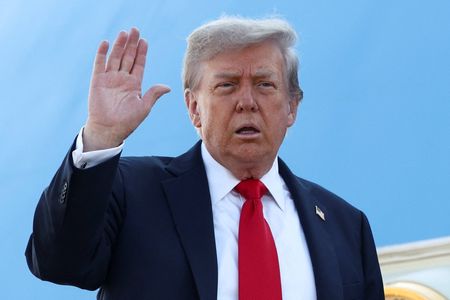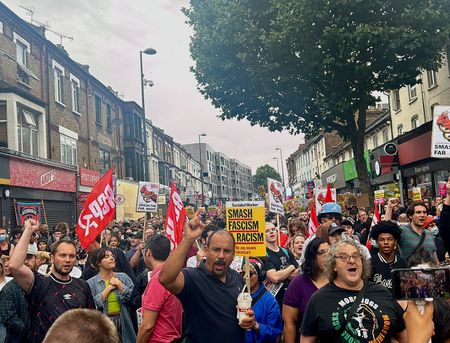LONDON (Reuters) -Britain’s bioethanol industry is facing imminent collapse after the government said it would not provide financial support to a sector hit by the UK’s tariff deal with U.S. President Donald Trump.
“We … have taken the difficult decision not to offer direct funding as it would not provide value for the taxpayer or solve the long-term problems the industry faces,” a government spokesman said on Friday.
Under May’s trade deal, the UK’s 19% tariffs on U.S. ethanol fell to zero, through a 1.4 billion-litre (370 million gallon) quota – a figure equating to the size of the UK’s entire ethanol market.
Britain has two major bioethanol plants in northern England – Associated British Foods’ Vivergo plant and one operated by Ensus, owned by Germany’s Sudzucker Group – which account for nearly all of the UK’s production capacity.
AB Foods said in June it would close the Vivergo plant by September unless the government stepped in with an aid package. Ensus has also said its plant faces closure.
A spokesperson for AB Foods said it was “deeply regrettable that the government has chosen not to support a key national asset.” Ensus did not respond immediately to a request for comment.
Both companies have said that the trade deal, along with existing regulations that give U.S. producers an advantage in the British market, had made the environment impossible. The industry supports thousands of UK jobs.
Bioethanol is produced from crops such as wheat and is used to make petrol greener and to make sustainable aviation fuel.
(Reporting by James Davey; Editing by Kate Holton)









